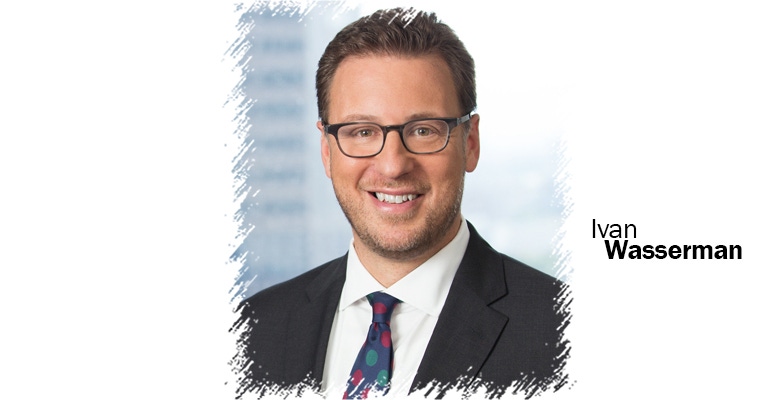C-P-S-C: 4 letters natural product retailers need to know
Do you understand this government agency's role in regulating consumer products? To avoid million dollar penalties, here are a few things to know.

In the alphabet soup of Washington, D.C., natural product retailers know the FDA, most know the FTC and certainly all know the IRS! But how many know the CPSC? Probably fewer than should.
The CPSC is the Consumer Product Safety Commission, and it regulates consumer products not regulated by FDA. So, with one important caveat discussed below, CPSC does not have jurisdiction over food, dietary supplements, cosmetics or medical devices. Labeling, manufacturing and any product recalls in those product categories are regulated by the FDA. The CPSC has jurisdiction over the labeling and any product recalls of other categories of consumer products sold in retail stores, including things like candles, non-therapeutic massagers, toys, cleaning products, cookware, juicers, clothing and more.
Why is it important to know the CPSC? On Aug. 30, the CPSC announced that Home Depot paid a $5.7 million civil penalty for selling products that had been the subject of CPSC-regulated product recalls. That same day, the CPSC announced that Handi-Craft Company, distributors of “Dr. Brown’s Natural Bottle & Dish Soaps” was recalling the dish soaps due to a risk of bacteria exposure. Does your store carry that product? If so, and you continue to sell it, you could be subject to civil penalties. You do not want to end up like Best Buy, which paid $3.8 million to the CPSC for selling recalled products in 2016.
Selling recalled products is not the only way retailers can be subject to fines by the CPSC. Importers, distributors AND retailers are required to report to CPSC under Section 15(b) of the Consumer Product Safety Act within 24 hours of obtaining information that reasonably supports the conclusion that a product it sold contains a defect that could create a substantial risk of injury to the public or creates an unreasonable risk of serious injury or death. While such “information” can come from a variety of sources, for retailers the most likely source is customer complaints. Have your customers told you that a candle you sold them tipped over? That a juicer cut their hand? That a piece came off a pacifier? Such information may trigger an obligation to report.
In 2016, the CPSC announced that PetSmart paid a $4.25 million civil penalty for failing to report that it had sold defective fish bowls. PetSmart received at least 19 reports of fish bowls breaking during normal use, resulting in serious injuries in at least 12 cases, before it reported to the CPSC. The CPSC determined that the report was too late. In particular for retailers with multiple locations, it is critical to have systems in place to track customer complaints to quickly identify trends. While one customer telling one store clerk that a glass product shattered and cut her hand may not raise alarm bells, 10 customers and 10 stores should, and therefore retailers must have systems in place to alert it if that has happened.
The one key area of CPSC regulation that overlaps with FDA child-resistant packaging. The CPSC regulates such packaging that is required for many OTC drugs and some dietary supplements, such as certain iron-containing supplements. Supplements sold at Walgreens, H.E.B. and other retailers have been recalled by the CPSC for failing to comply with those requirements.
C-P-S-C. Four letters importers, manufacturers AND retailers should know A-S-A-P in order to be A-O-K.
Ivan Wasserman is a partner at Amin Talati Upadhye and advocates for clients subject to the often overlapping jurisdictions of the U.S. Food and Drug Administration, the Federal Trade Commission and the U.S. Consumer Product Safety Commission.
About the Author(s)
You May Also Like




